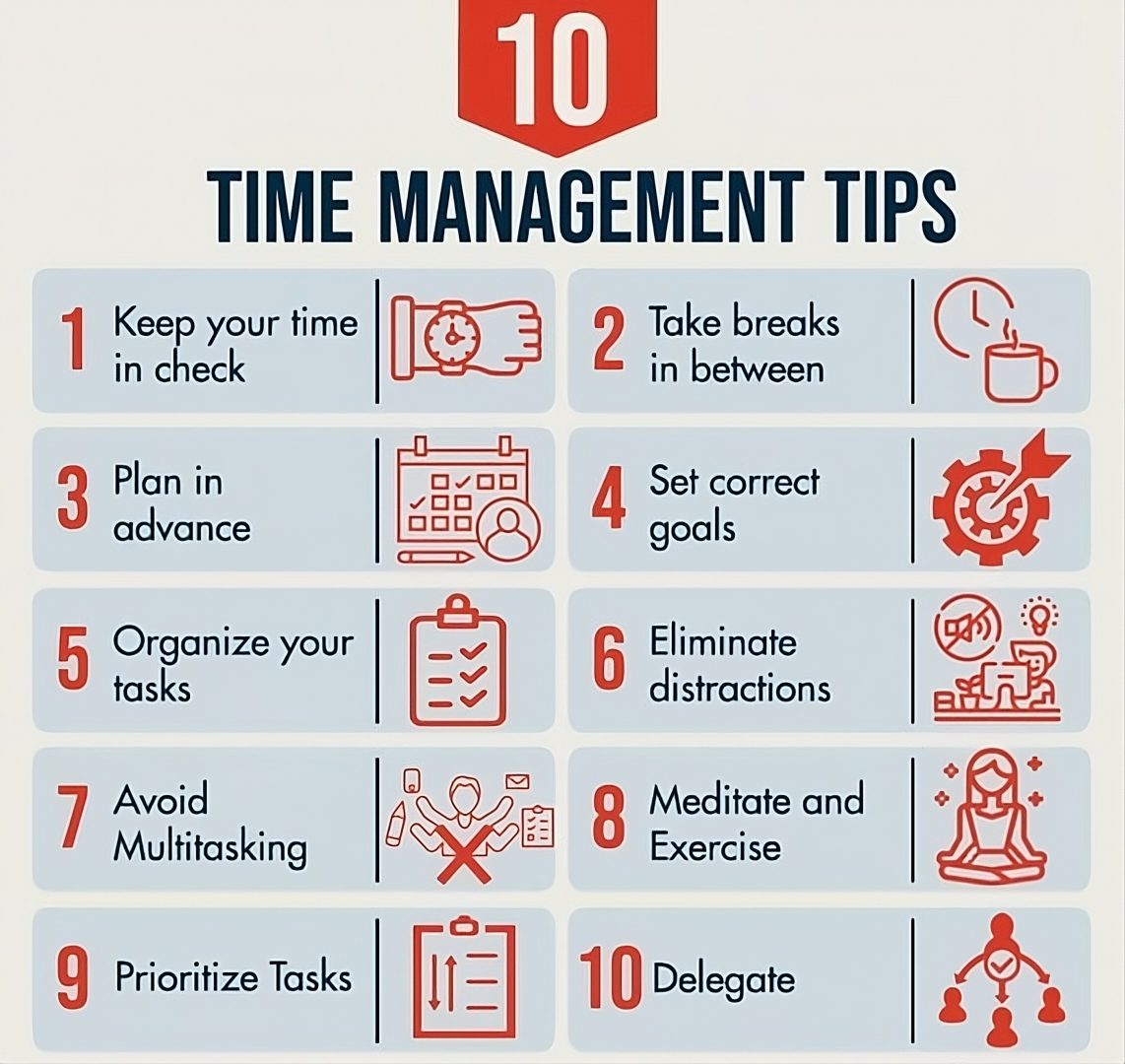“There is no limit to what we, as women, can accomplish.” – Michelle Obama
Table of Contents
Toggle
In today’s progressive world, women’s empowerment is not just a trending topic—it’s a global necessity. It refers to the process of increasing the strength, autonomy, and status of women in society. Empowering women enables them to make decisions for themselves, access equal opportunities, and contribute meaningfully to economic and social development. Despite significant strides over the past century, the journey toward complete gender equality remains incomplete. It’s time to recognize women’s power and ensure they are given the platform to thrive.
The Current Scenario of Gender Inequality
While progress has been made, gender inequality continues to persist in many parts of the world. According to the United Nations, nearly 129 million girls are out of school, and women continue to earn less than men for equal work. In politics, only 26.7% of parliamentary seats globally are held by women. Social injustices like gender-based violence, limited access to healthcare, and restricted legal rights remain critical challenges.
However, there have been encouraging developments. Initiatives like the Sustainable Development Goals (SDG 5) aim to achieve gender equality and empower all women and girls by 2030. These global efforts highlight the urgency of change and the power of collective action.
Importance of Empowering Women

Empowering women isn’t just the right thing to do—it’s smart economics. When women are empowered, entire communities flourish. Research shows that countries with greater gender equality tend to have higher economic growth, better governance, and improved quality of life. Educated and empowered women can lift their families out of poverty, raise healthier children, and make informed decisions that benefit society.
Moreover, female leadership brings unique perspectives, fosters inclusivity, and drives innovation. Companies and governments that embrace gender diversity often perform better and adapt more swiftly to change.
Key Areas of Women’s Empowerment
- Education
Education is the cornerstone of empowerment. Ensuring that girls and women have access to quality education helps break the cycle of poverty, enhances their decision-making capabilities, and opens doors to better opportunities.
- Economic Empowerment
Women must have equal access to jobs, land, capital, and financial independence. Supporting women entrepreneurs, promoting equal pay, and creating inclusive work environments contribute to financial security and independence.
- Political Empowerment
Women’s representation in political leadership is essential for inclusive governance. More female leaders mean more attention to issues like education, healthcare, and child welfare—often neglected in male-dominated systems.
- Legal and Social Empowerment
Laws must protect women from violence, harassment, and discrimination. Societal change is equally vital: outdated traditions and patriarchal norms must evolve to ensure women can live freely and fearlessly.
- Health Empowerment
Access to affordable healthcare, especially reproductive services, allows women to make choices about their bodies and futures. Women’s health is fundamental to family well-being and societal development.
Successful Examples and Role Models
Throughout history and in modern times, empowered women have changed the world. Malala Yousafzai, a Nobel Peace Prize laureate, continues to advocate for girls’ education globally. Michelle Obama has championed education, health, and women’s rights through global initiatives.
Countries like Rwanda lead by example, with the highest number of women in parliament globally—over 60%. In India, Self-Help Groups (SHGs) have empowered rural women to become entrepreneurs and community leaders, transforming lives in underserved regions.
Role of Society and Men in Empowerment
Empowering women is not solely a women’s issue—it requires the involvement of everyone, especially men. Fathers, brothers, teachers, and leaders must support and advocate for equality at home, at work, and in society. Cultural perceptions need to shift through gender-sensitive education, inclusive policies, and positive media portrayals.
Building inclusive environments where women are respected, heard, and valued helps create a balanced society that benefits everyone.
How to Promote Women Empowerment
Here are actionable ways to support and promote women’s empowerment:
- Support girls’ education through donations, volunteering, or mentoring.
- Encourage women-owned businesses and female professionals.
- Promote equal pay and opportunities in the workplace.
- Challenge stereotypes and speak up against sexism.
- Support NGOs working for women’s health, safety, and education.
- Educate the next generation to be inclusive, respectful, and fair.
Empowerment begins with awareness and grows through action.
Conclusion
Women’s empowerment is the key to unlocking human potential and achieving a fairer world. When women rise, societies soar. It’s time we invest in the power of women—not just with words, but with action. Let’s work together to create a world where every woman is free, safe, educated, and empowered.






